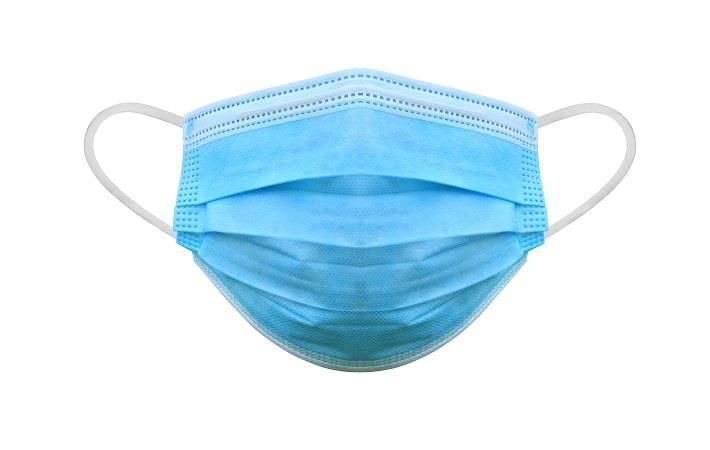
The automated manufacturing system was developed in collaboration with the Fraunhofer Institute of Product Technology IPT and a local machine builder in Germany. Moss will scale capacity in Europe and North America to produce global output of 3 million masks a week by June and reach 6 million masks per week by August. The masks are developed to meet the EN14683 surgical MNS mask standard in Germany and the ASTM Level 2 Procedure Mask rating in North America.
In planning the plant, the partners considered the entire supply chain from production of the required materials to certification and supply chain management. As soon as the first prototype is completed, it will be optimised further by Fraunhofer IPT in order to scale and automate production.
"Textiles and stitching have been part of the Moss legacy since the 1950's. We're proud to take these new production steps to help fight the COVID-19 pandemic and to secure ample, competitively-priced supply for global public health needs," said Dan Patterson, president & CEO of Moss.
"Because of these skills in textile processing, we received many inquiries on whether we could help with face masks, including inquiries for hundreds of thousands," said Peter Bottenberg, managing director of Moss Germany. "Thinking in solutions instead of problems has always been Moss's greatest strength, and we're grateful for the dynamic partners who undertook a quick solution with us."
Leveraging its global network of suppliers, Moss supply chain experts continue securing needed materials and confirming suppliers meet Moss's standards of excellence for reliable, quality fulfillment.
While Moss has already shipped several large orders, it will soon have capacity to fulfill high-volume orders from governments and public health organisations, including national contracts and re-stockpiling.
Fibre2Fashion News Desk (PC)

